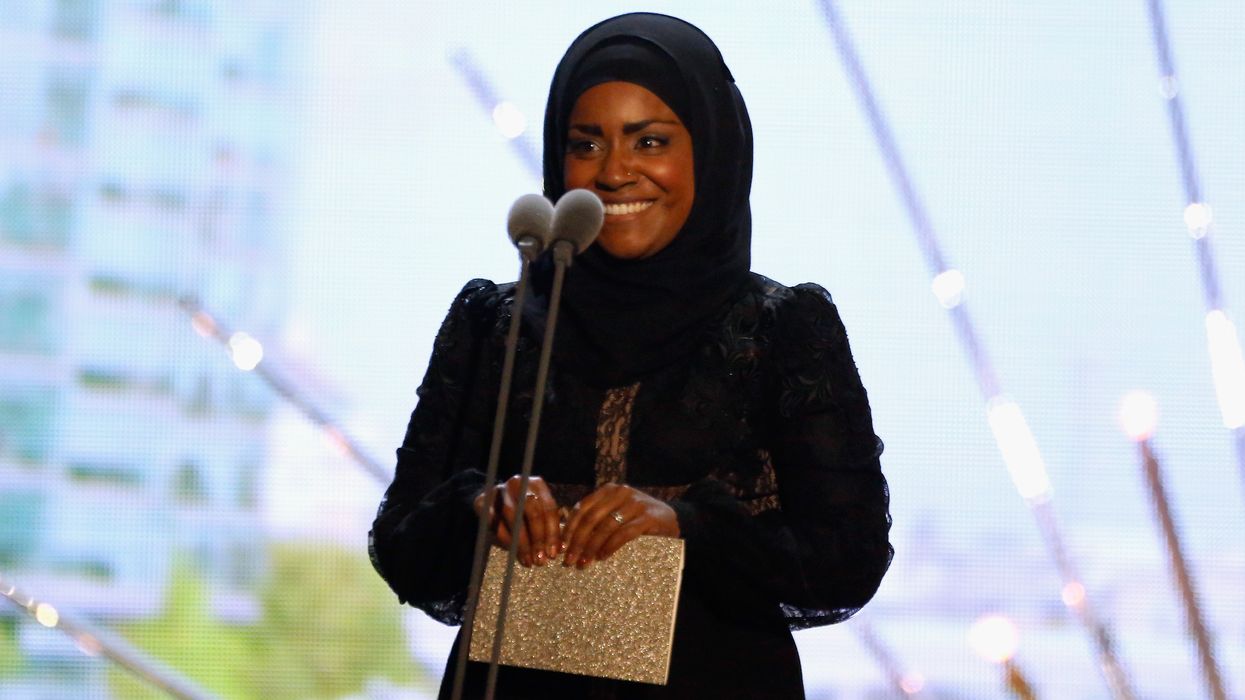Highlights:
- Nadiya Hussain confirms her BBC cookery show will not be returning
- The Bake Off winner said she was told the BBC no longer wanted to commission the series
- On a podcast, she described feeling ‘muzzled’ and like a ‘tick box’ for diversity
- Hussain is now managing her own career independently and vows to speak her truth
Nadiya confirms BBC show cancellation
Nadiya Hussain, who rose to fame after winning The Great British Bake Off in 2015, has revealed that her cookery show has been cancelled by the BBC. In a post shared on Instagram last month, the television presenter confirmed that there would be “no more cookery show” after the broadcaster “decided that they didn't want to commission the show”.
The 40-year-old previously fronted several successful BBC series, including Nadiya’s Asian Odyssey, Nadiya’s Time to Eat, and Nadiya’s Cook Once Eat Twice.
A BBC spokesperson responded at the time, stating: “We made the difficult decision not to commission another cookery show with Nadiya Hussain at the moment.”
Speaking out on the ‘We Need to Talk’ podcast
Appearing on Paul C Brunson’s We Need To Talk podcast, Hussain gave further insight into her experience working in television and how the cancellation affected her. She spoke candidly about the pressures of representation, identity, and the struggle to remain authentic in the media industry.
“I was always made to feel like my trophy was just going to get taken away from me,” she said. “I had to be consistently grateful for the opportunity I was given — a Muslim that was relatable, the people's person of colour, the digestible version of myself.”
She said this expectation of constant gratitude became a form of silencing: “Gratitude should not sit on your face like a muzzle. That’s what it felt like — because I felt muzzled.”
‘Complaining makes you a nuisance’
Hussain spoke of a wider issue in the industry, claiming that complaints from women were often dismissed:
“When you complain, you’re considered a nuisance... The industry protects the men and makes excuses for them.”
She added that in her experience, complaints made by women were often brushed aside with the phrase: “That’s just the way that person is.”
Rejected ideas and a sense of exclusion
Hussain also shared that she was discouraged from writing a book about parenthood from the perspective of an ethnic minority. She said a publisher rejected the idea outright, telling her that “books like this won’t sell”.
Months later, the same publisher released a parenting book by a social media influencer — a decision that she found disheartening.
“I realised they just needed to look diverse. They needed to look like they had the Muslim tick,” she said. “It was a lie. I didn’t want to look at my career like that.”
She added: “It felt like it was all a tick box exercise — until they just didn’t need me anymore.”
‘I don’t fit the box anymore — and that’s fine’
Hussain reflected on being told by other broadcasters that she was “too BBC”, which she said left her feeling boxed in. “They had me where they wanted me — neutral. And I am not neutral. I have opinions.”
Although she received general explanations from the BBC about why her show was not renewed, Hussain said she was never given a definitive reason. “Considering my show got great ratings, I can’t see why it wasn’t recommissioned,” she added.
Her husband, she said, had long warned that the moment she no longer fit their mould, she would be excluded:
“They have a neat little box, and when you don’t fit that box anymore, there’ll be no space for you.”
Taking back control
Hussain revealed that she decided to post the BBC cancellation news on social media herself, after rejecting a proposed statement which falsely claimed she was stepping away to focus on other projects. “That’s not the truth,” she said. “And I’m not putting that out.”
She has since cut ties with her agent and representation, choosing to manage her own career. “It’s been the most freeing thing,” she said, explaining that she now operates with the same independence she had after winning Bake Off a decade ago.
Looking ahead on her own terms
Hussain said she is no longer waiting for acceptance from the industry and is determined to continue being her authentic self:
“I’m not holding out for the industry to accept me. That’s what I’ve done my whole life.”
She added: “I will figure it out and I will find a space where I’m welcome. And that might not be in this industry — and I’m alright with that.”





